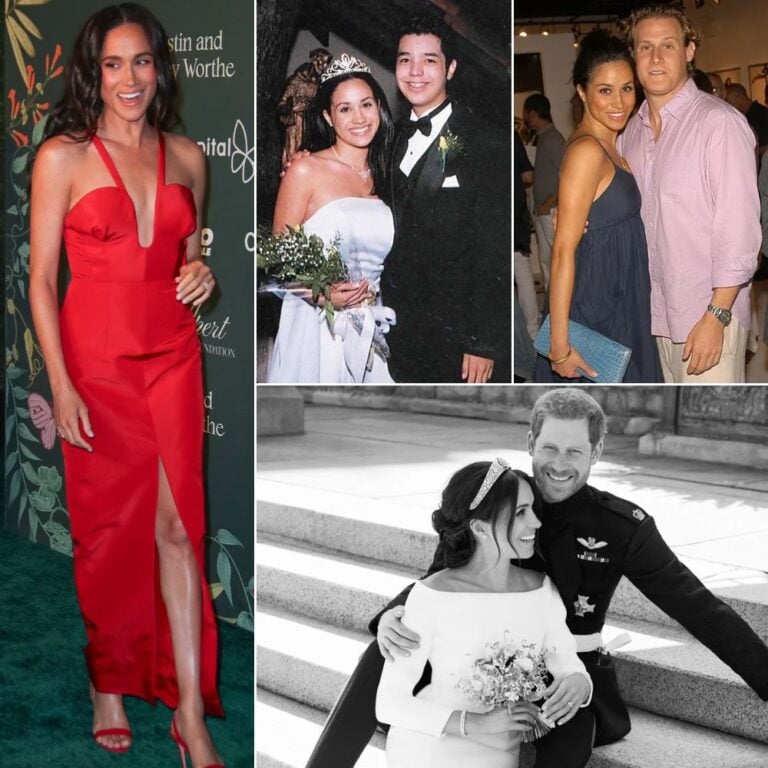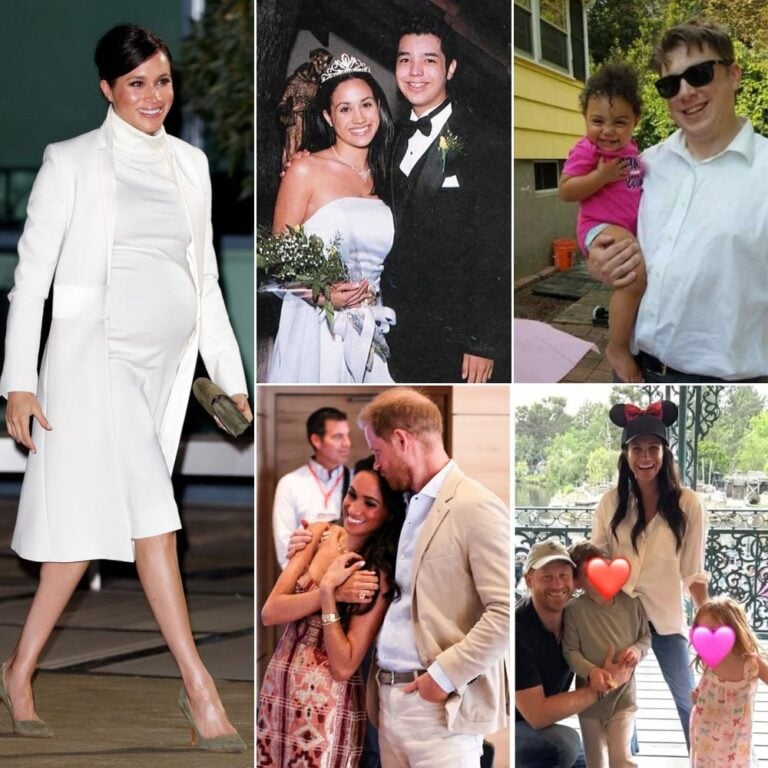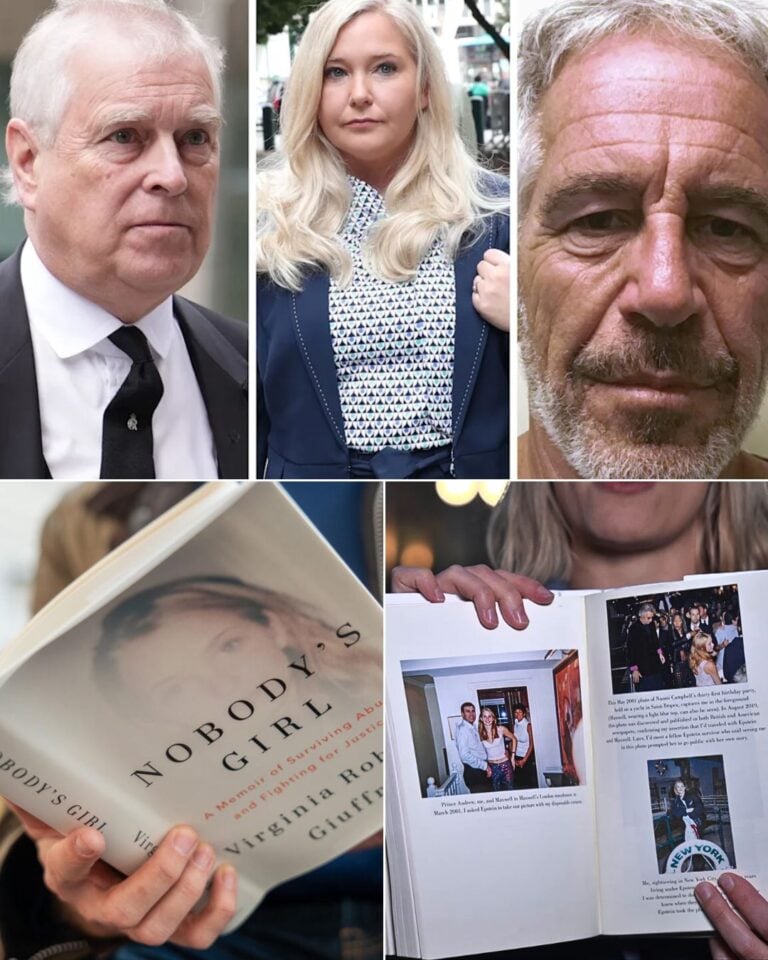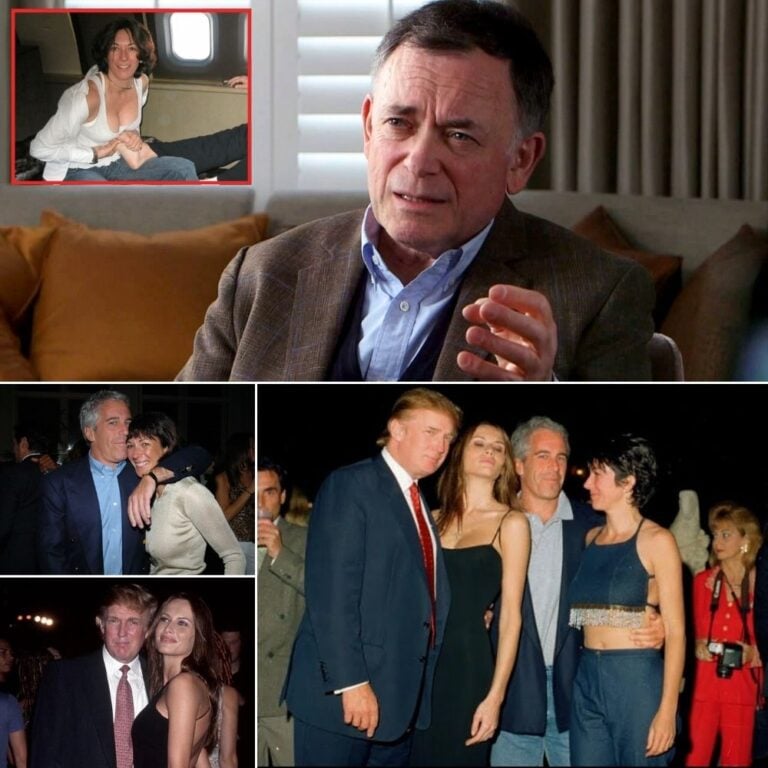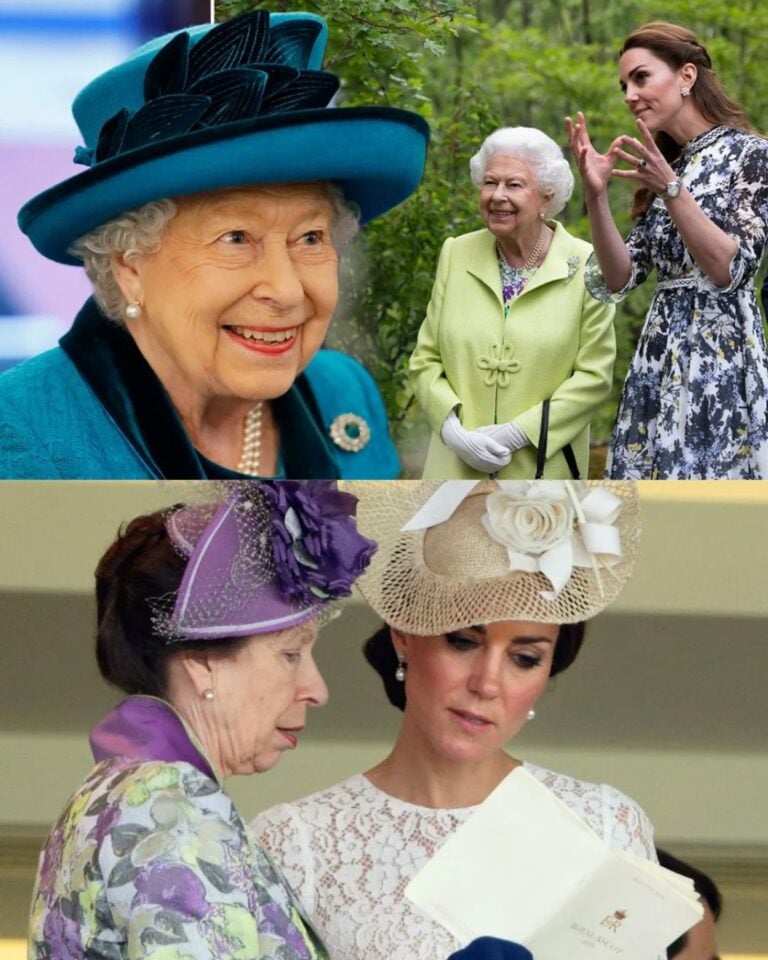The Palace has once again been thrown into turmoil following reports of a confidential decision made by Prince William that has now been leaked to the press. Behind closed doors, tensions are mounting, and whispers of change have begun to circulate through the corridors of power. The futures of Prince Harry and Meghan Markle’s children — Archie and Lilibet — appear to be hanging in the balance, with insiders suggesting that William’s move could mark a defining turning point for the Sussex family since their departure from royal life. The calm surface of the monarchy is rippling once more, and the silence from Montecito has only fueled speculation.
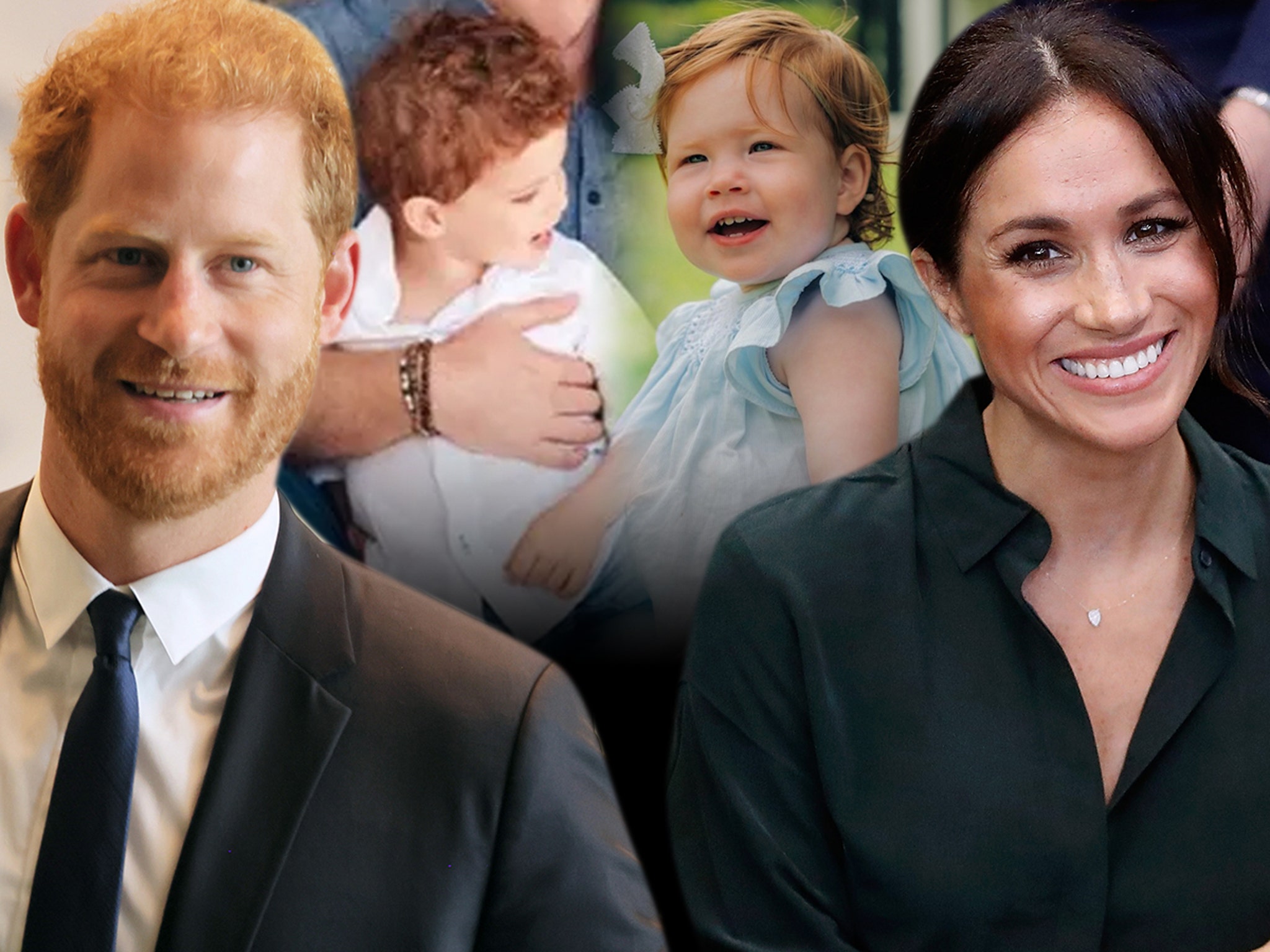
According to sources close to the royal household, William’s decision concerns the status and royal recognition of his niece and nephew, who were born after their parents’ decision to step back from their official duties. Ever since Harry and Meghan relocated to the United States, questions surrounding whether their children should maintain or inherit royal privileges have loomed large. When King Charles ascended the throne, Archie and Lilibet were granted the titles of prince and princess under royal protocol, yet the Sussexes’ estrangement from the institution left many wondering if such honors truly carried meaning. Now, with William poised to inherit the crown in the near future, those symbolic titles — and everything they represent — may once again come under scrutiny.
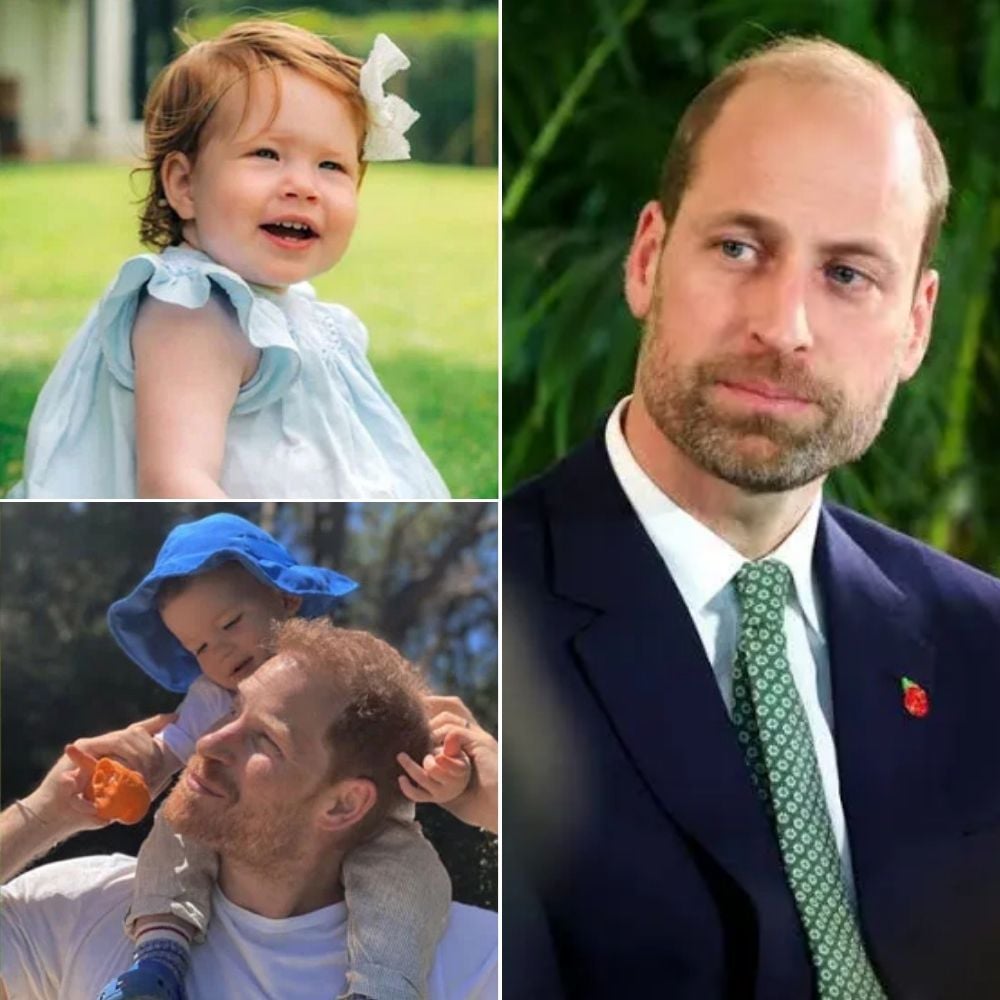
For William, the decision is not merely personal; it is political, institutional, and deeply symbolic. The monarchy, long steeped in tradition, faces constant pressure to modernize while upholding its sense of continuity. To some advisors, the idea of extending royal privileges to children who live thousands of miles away, beyond the public duties and scrutiny that define royal service, seems untenable. “William is focused on protecting the monarchy’s integrity,” one insider explained. “He understands that every title carries weight — and responsibility. To retain credibility, the institution must be clear about what it stands for and who represents it.”
Yet for others within royal circles, the issue is far more sensitive. Revoking or altering the status of two young children — especially those who are the grandchildren of the current king — risks deepening the rift between the House of Windsor and the Sussexes. Some fear it could trigger a new wave of public backlash, particularly in America, where Meghan and Harry maintain significant popularity and where the couple has carefully built a global image centered on compassion, equality, and independence. “William’s decision, whatever form it takes, will have repercussions far beyond the palace,” said a royal historian. “It’s not just about titles — it’s about the narrative of who the royal family is and how it treats its own.”

Inside Buckingham Palace, discussions about how to navigate the delicate matter reportedly intensified following recent public controversies surrounding Prince Andrew and the King’s efforts to streamline the monarchy. William, known for his pragmatism and sense of duty, is said to believe that the royal institution cannot afford inconsistency. To him, the monarchy must represent service, not status — and those who choose to live outside its framework cannot selectively hold onto its privileges. Still, he is aware that any decision involving his brother’s children will carry profound emotional weight.
Meanwhile, Harry and Meghan have remained silent on the matter, neither confirming nor denying the rumors circulating in the British media. Their silence, however, has only amplified public curiosity and speculation. The couple, who now live in California with their two children, have made it clear in past interviews that they want to give Archie and Lilibet a “normal” upbringing, away from the constraints and scrutiny of royal life. But should William’s decision involve removing their royal titles or limiting their official recognition, the question of identity may once again become a point of tension between the two families.
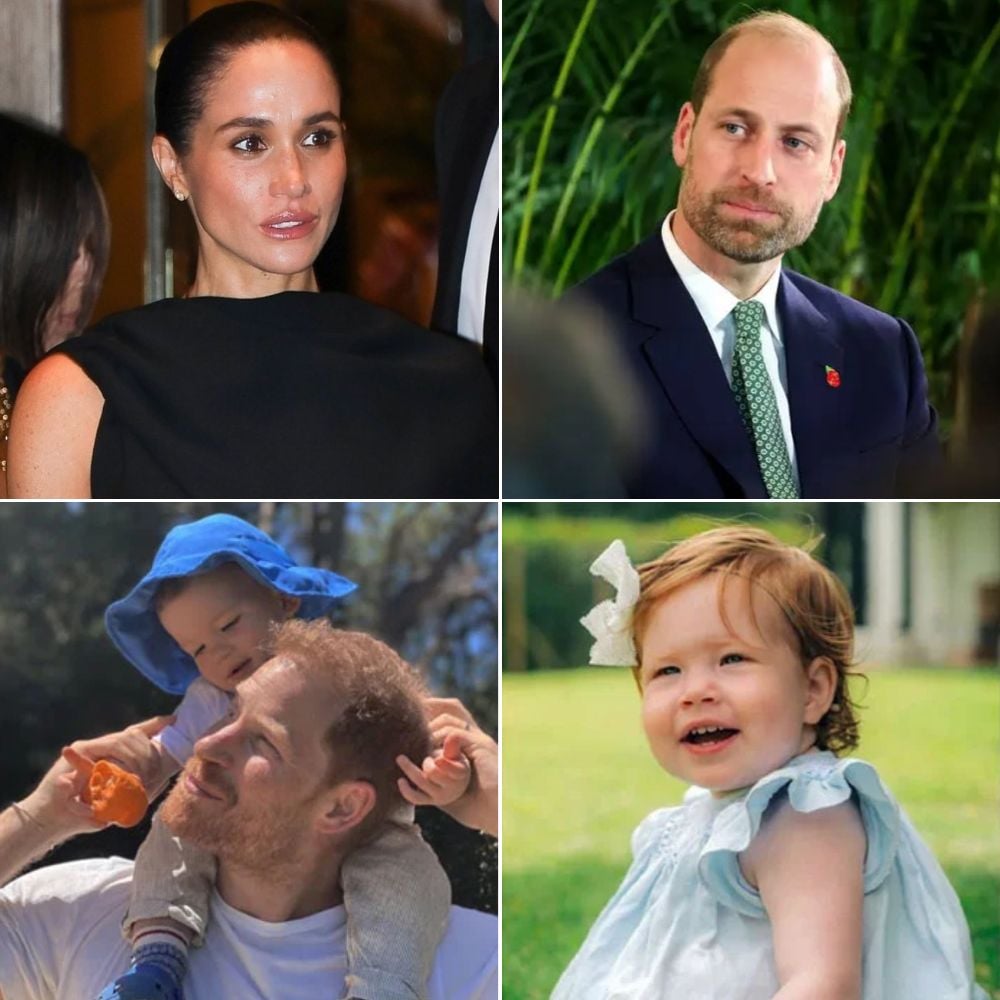
Observers note that the situation evokes memories of previous royal crises — moments when the monarchy’s internal divisions spilled into public view. From the abdication of Edward VIII to the emotional fallout following Princess Diana’s death, the institution has repeatedly faced the challenge of balancing family loyalty with public duty. “Every generation of royals faces a test of how much the crown can bend before it breaks,” a former courtier commented. “For William, this may be that moment.”
If and when William ascends the throne, the stakes will only grow higher. As the new monarch, he will not only inherit the symbolic authority of the crown but also the moral responsibility to define its modern purpose. His choices regarding Archie and Lilibet could set the tone for how the monarchy engages with an increasingly skeptical and globalized world. To strip the Sussex children of their titles might signal a firm assertion of institutional discipline — but it could also reinforce perceptions of division and coldness that the family has long struggled to dispel.

For now, the Palace remains tight-lipped, offering no comment on the reports. But within its ancient walls, a quiet reckoning appears to be taking place. The royal family’s next chapter is being written not in grand ceremonies or official proclamations, but in whispered conversations, private letters, and the unspoken tension between brothers separated by duty, distance, and destiny.
When the time comes for William to wear the crown, one thing seems certain: nothing will ever be quite the same again. Whether his decision unites or divides, it will mark the beginning of a new era — one defined not by titles or tradition alone, but by the choices that determine who belongs inside the House of Windsor, and who stands forever beyond its gates.
